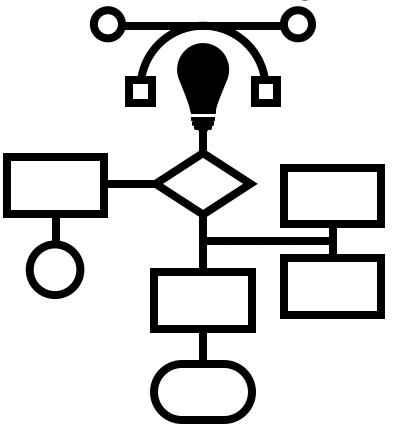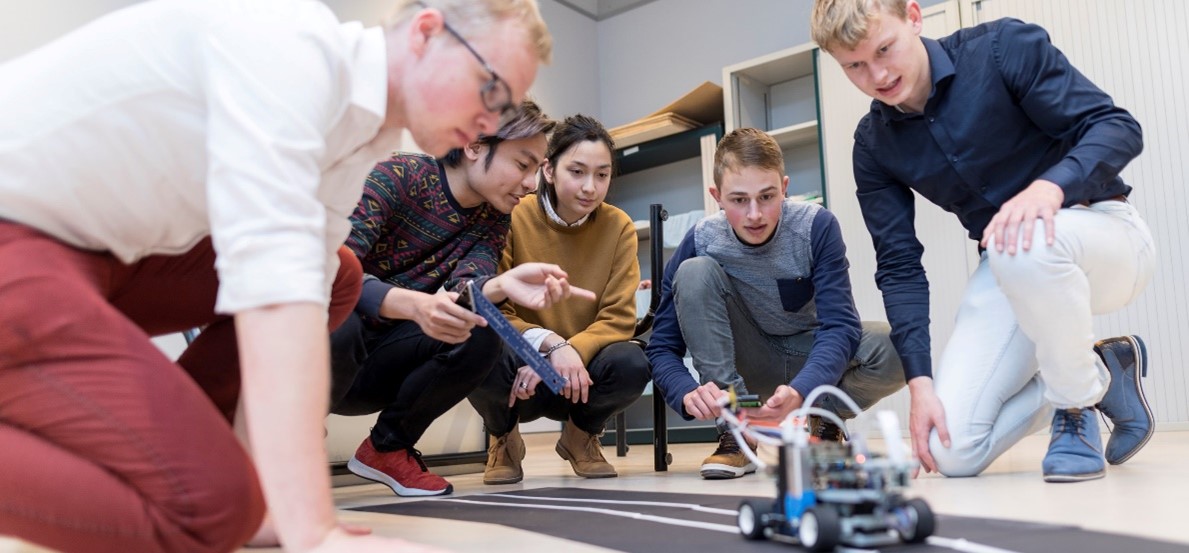fefds
fefds
fefds
fefds
fefds
fefds
fefds







Module 8 (Business & Society)

The development and commercialization of a complex technological system is the central theme of this module for Advanced Technology. Students will obtain hands-on project experience in the entire innovation process from working on an initial technological idea to delivering a commercially viable system. Students will not only be able to understand complex system design, but also commercial, organizational and societal aspects that are at least as important for success as the technology itself. Since group work is an important part of the module, effective collaboration, reflection and presentation skills will also receive substantial attention.
Subjects Module 8
In the ‘Entrepreneurship and Innovation Management’ course students will learn the key elements of bringing a new technology to market. First of all, one needs to understand how a firm currently creates and captures value in the market place. Second, students will learn about the human side of innovation processes, in particular effective teamwork and group dynamics. Third, since firms are not alone in the market place and products do not sell by themselves, student will obtain an understanding of the external environment of the firm in relation to product development, the role of competitors and other relevant stakeholders, and the planning towards a successful product launch.
Implementing innovations successfully is not just a matter of a great idea and effective product or process development. It is perhaps more important to have an idea of what your innovation will do once you put it ‘out there’, i.e. when you decide to make it publicly accessible on the market or otherwise. This aspect of innovation dynamics is explored in “Socio-technical Futures”.
How can we shape the energy transition? Which technologies will be successful and how acceptable are these technologies in society? What consequences may the implementation of radically new ways of generating or distributing energy have on our everyday lives? Or is it, perhaps, more prudent to take it slow and make small changes continuously? These are the kind of questions, which people engaged in “foresight” ask themselves. They try to find ways in which we can deal with the uncertainties of the future and make sensible, responsible decisions about innovations in products and processes, but also in, for example, governance approaches.
In Socio-technical Futures, the background of innovation in society is explored. During lectures, a way of looking at society is presented that helps to understand the role of innovation in socio-technical change. This perspective is used to structure a thorough analysis of innovations and what effects they may have. A thorough analysis of ‘what is’ represents the basis on which scenarios for the future use of innovations can be developed. The students will engage with a method to design and construct scenarios that take into account the perspectives of a variety of stakeholders, including not only users/consumers/citizens, but also markets and society in general.
The course ‘Data, Statistics and Probability for Engineers’ is a follow up on the statistics you learned during the practicals. Important topics that will be covered include: population and sample statistics, propagation of errors, hypothesis testing and analysis of variance, linear regression, regression diagnostics, multiple regression analysis, transformation of experimental data and nonlinear regression. Emphasis is placed on practical implementation in MATLAB.

Validating
Knowing whether your project is working as expected is essential